History
It is the principal aim of the History department to encourage an interest in the past and to do so in as enjoyable manner as possible. This is a subject which is potentially accessible to all students at some level. Most young people are, at least initially, prepared to find some aspects of the past interesting, and many have a very active interest indeed. This is why our principal aim, above all others, is to foster and guide this interest.
 |
 |
The study of History encourages students to develop a wide variety of different skills. Obviously, literacy is one of them. Few subjects are as clearly concerned with the basics of reading and writing as this one. In History students will be encouraged to read a wide variety of source materials from many different periods; in their responses they will be expected to write fluently and communicate their response clearly. Similarly, numeracy should form an important party of any History student’s course; they will encounter graphs and other statistical material and will be expected to deal with them accurately and with increasing sophistication. Information and Communication Technology (ICT) forms a growing part of the History curriculum. All students will have been encouraged, by the end of Key Stage 3 and beyond, to use word processing to communicate some of their findings; to have explored the Internet in order to obtain, select and then deploy relevant information, and perhaps to have used computer simulations to increase their engagement with the study of a particular period.
Key Stage 3
At Key Stage 3 (post-primary Years 8, 9 and 10), the curriculum builds on the learning experiences that pupils bring from primary school.
In History, pupils have opportunities to explore a variety of historical eras and topics and develop Whole Curriculum Skills and Personal Capabilities. This encourages pupils to recognise the forces and factors that have shaped our world today.
Pupils study a broad and balanced range of historical periods from Irish, British, European and global contexts, giving them a richer understanding of their own identity, culture and society.
GCSE
The CCEA GCSE History specification provides opportunities to study Hitler’s dictatorship, Northern Ireland’s civil rights movement leading up to The Troubles and Peace Process, the Cold War and the USA’s response to 9/11. Students consider the relevance of the past and gain a deeper understanding of the present. They learn to balance factual content with developing conceptual understanding and historical skills. Students analyse and evaluate historical sources, appreciating there are competing interpretations of the past. Students develop transferable skills useful for further study and in the workplace. These include researching and organising information, analysing and weighing up evidence, and developing a coherent argument.
This specification is unitised, so it’s possible to take part of the assessment at the end of the first year of study.
The specification has two units:
- Unit 1: Section A: Modern World Studies in Depth: Option 1: Life in Nazi Germany, 1933–45; and Section B: Local Study Option 2: Changing Relations: Northern Ireland and its Neighbours, 1965–98.
- Unit 2: Outline Study: International Relations, 1945–2003A Level
The CCEA GCE History specification develops advanced understanding of how the world became what it is today. It equips students with transferable and written skills, including critical thinking, analysis and debate. Historians appreciate events and their consequences, helping us understand the past and the present.
This specification is available at two levels: AS and A2. Students can take the AS units plus the A2 units for a full GCE A level qualification. They can also choose to take the AS course as a stand-alone qualification. In the AS units, students select one option from a choice of five, ranging from 1509 to 1945, and one from a choice of six, ranging from 1556–1943.
Students continuing to A2 study one option from a choice of five, ranging from 1625–2000, and another from a choice of four, ranging from 1558 to 1925.
The specification has four units:
- Unit AS 1: Historical Investigations and Interpretations: Option 5: Germany 1919–45
- Unit AS 2: Historical Conflict and Change: Option 3: Ireland 1823–67
- Unit A2 1: Change Over Time: Option 4: The American Presidency 1901–2000
- Unit A2 2: Historical Investigations and Interpretations: Option 4: Partition of Ireland 1900–25
Extra-curricular
The History department aims to offer a broad range of extra-curricular activities. These include a History DVD club, model making, GCSE and A level revision and Curriculum Support. We also have gone on several History trips abroad to places like Berlin and Krakow. GCSE and A level students attend revision conferences and all of our students actively engage in any local History initiatives whenever the opportunity arises.
Where to next?
A number of past A Level History students have had no difficulty in getting good jobs in a very wide range of occupations - in business and finance, in Law, in public administration, in journalism and broadcasting, in teaching at a number of levels, or in research-based careers of various kinds. History combines an excellent training in vital skills with a high degree of interest and enjoyment. Employers today greatly value people who possess highly developed skills of analysis, evaluation and interpretation. These skills are integral to the study of A Level History and by the end of their study pupils can communicate, both orally and in written form, effective and intelligent argument in a coherent and logical manner.